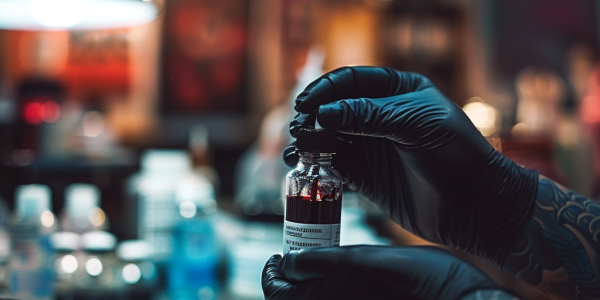FDA Study Reveals Concerning Levels of Bacteria in Tattoo and Permanent Makeup Inks
Recent FDA research reveals concerning findings about microbial safety of tattoo and permanent makeup inks. Contaminated ink can lead to serious infections and health risks, including systemic spread of bacteria. Proper monitoring and quality control are crucial to protect consumers from potential hazards.
Study Reveals Bacterial Contamination in Tattoo Inks Poses Health Risk
A recent study led by Dr. Seong-Jae (Peter) Kim from the U.S. Food and Drug Administration has revealed the alarming presence of bacterial contamination in commercial tattoo inks. With 35% of tested inks found to be contaminated, the study highlights the serious health risks posed by these bacteria, capable of thriving in the skin’s dermal layers. This underscores the urgent need for stricter regulations and quality control measures in the tattoo industry to ensure public safety.
Study Suggests Potential Link Between Tattoos and Blood Cancer Risk
Recent research suggests a potential link between tattoos and blood cancer, specifically lymphoma, with a 21% increased risk among individuals with tattoos. The study from Lund University in Sweden highlights the presence of carcinogens in tattoo ink, which may trigger inflammation linked to cancer development. Contrary to previous studies, the latest research found a correlation between tattoos and lymphoma, emphasizing the importance of informed decision-making regarding body art and health considerations.



